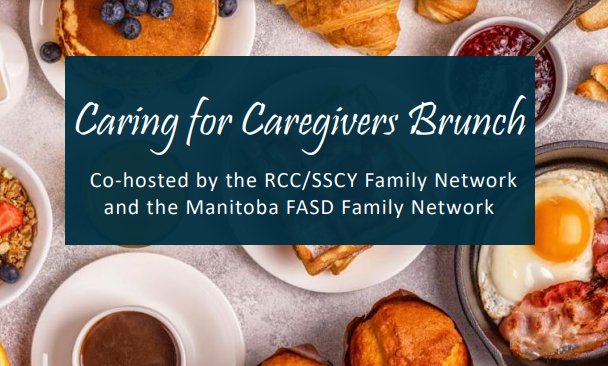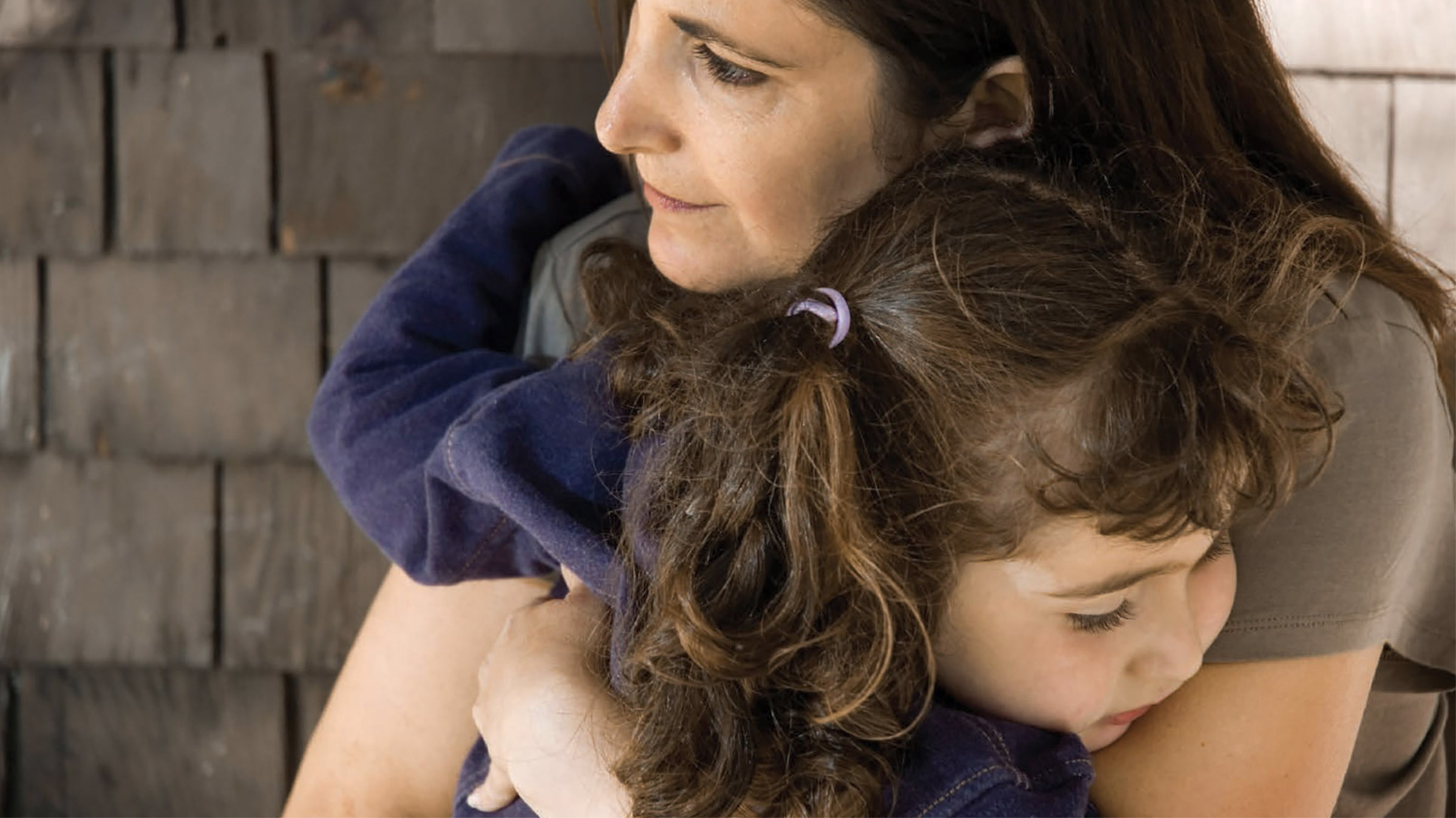Welcome to WEEK #4 of the Creative Substitute for “Building Circles of Support!”
Hello Everyone!
We are now entering Week 4 of school closure in Manitoba and by now I am sure many of you have some interesting stories to tell! We are hearing both very heartwarming stories of what is going on in some homes and some cries for help in other homes. Rest assured that this will eventually pass and then we can get back to “normal” again. Please take advantage of the FASD Coordinators in your region or at the Manitoba FASD Centre in Winnipeg if you have any specific questions or concerns about your child.
For those of you living with individuals with FASD who also have sensory issues, this can be an especially challenging time. This learning module will focus on Sensory Processing and FASD.
- To start this session off we recommend that you watch the YouTube video entitled “How to be a Sensory Investigator”. This gives you some good foundational information explaining what Sensory Processing means and how this can impact an Individual’s behavior, learning and every day functioning.
- Another important part of Sensory Processing is a term referred to as “Fight Flight or Freeze” (FFF). Please refer to this Fight, Flight, or Freeze Video to learn more about this physiological response, which we all experience in our bodies when we are threatened or feel anxious.
- To learn more about what might happen when our children’s/adolescents’ sensory systems get overwhelmed, and their brain goes into a Fight, Flight or Freeze response, check out this video titled “Why Do We Lose Control of our Emotions?”. This might be a video that you could share with your child or adolescent to help them understand what is going on in their brains during a meltdown or a “shut down”. At the end of the video it also suggests some good strategies which can help the child/adolescent when they have an FFF response. It is important to note that an FFF response is a physiological response that happens quickly without conscious thought. It is a brain based bodily response that is meant to protect us. The individual with FASD might need a helper or mentor to help them utilize these strategies, rather than be expected to do this independently.
- For educators, (parents you can look at it too!) check out the short clip on sensory processing challenges in the classroom as described by Myles Himmelreich.
- One way to support children and youth who have sensory processing challenges is to develop a “Calming Space” that they can use when they are becoming overwhelmed in their environment. A Calming Space is a designated space that the child or youth can retreat to when they are starting to feel overwhelmed or could use a break. It is not intended as a punishment space, and may include some sensory tools or calming activities that the child or youth can utilize in the space. Check out this handout for more ideas and information on Calming Spaces.
- Kellsey Scheepers, the OT at the Manitoba FASD Centre, has put together some information on sensory processing that is linked to here: “Becoming a Sensory Detective and Reframing Your Child’s Behaviour”. This handout provides information on sensory processing difficulties and breaks down each of the senses, explaining what behavior might look like if the brain is having difficulty processing information from that particular sense. She then gives some good sensory strategies or “Sensory Tools” to respond positively to that behavior and prevent it from occurring again. Additionally, she also challenges you as a teacher or caregiver to find the positive aspects in the child’s unique sensory differences.
We hope that some of these tools may help those of you who parent or support children and youth with FASD who may have sensory processing challenges.



